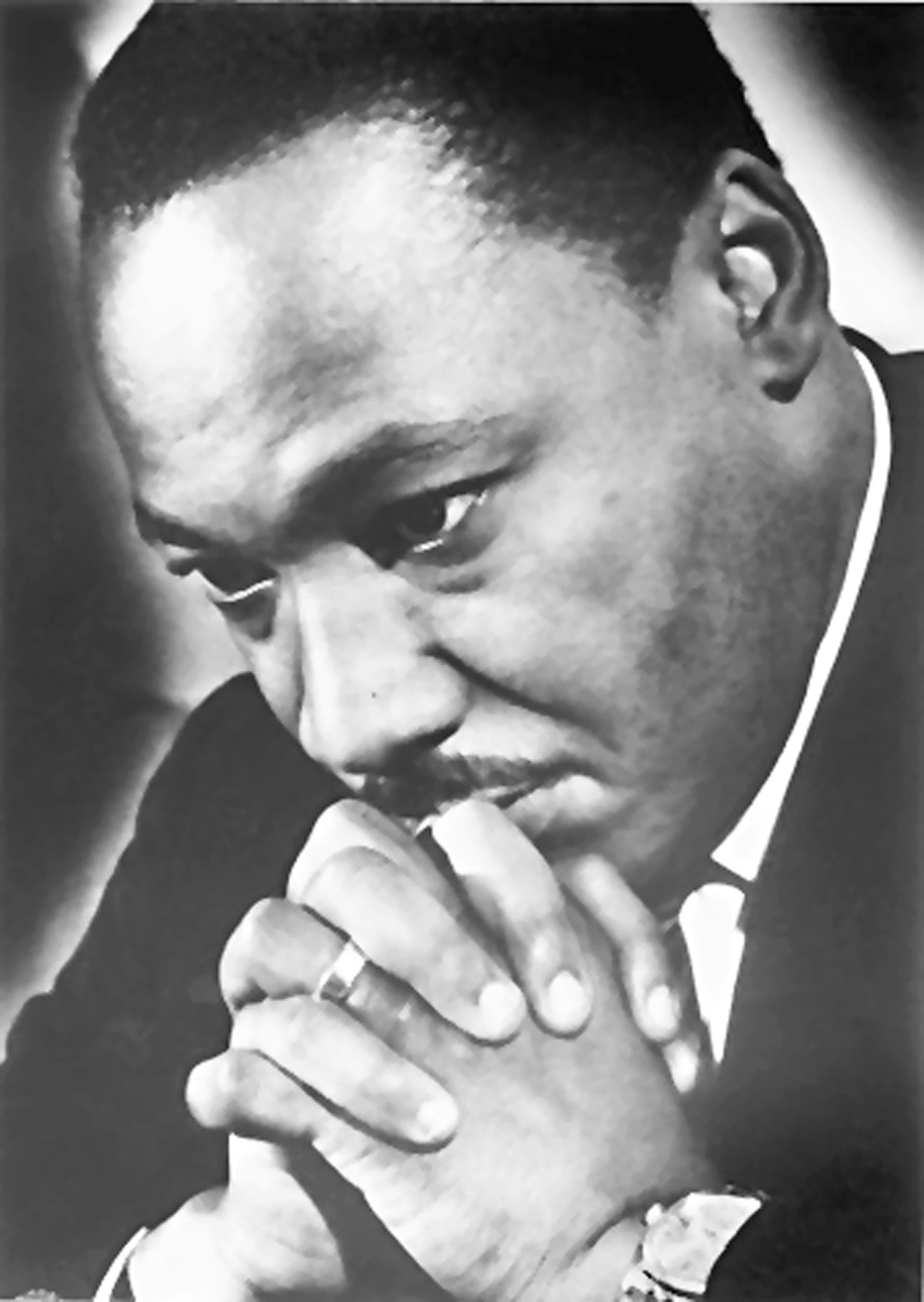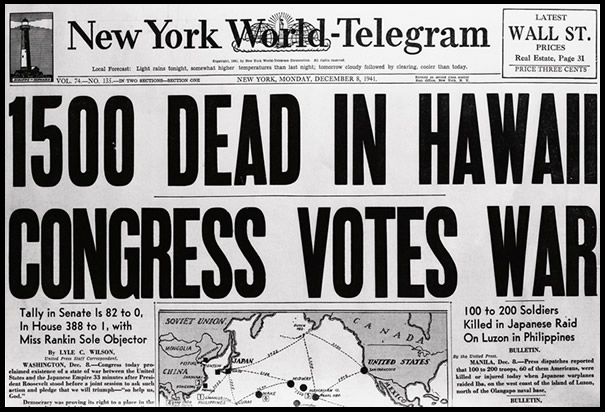A bit of a fray has developed in the midst of it all as everyone tries to decide what may be the best course of action to take. We want to respond reasonably but seriously, and show that safety is not something we take lightly or for granted. But we also don't want to feed the terror with more terrible acts. It's a conundrum no matter how you look at it, and I believe that if there were a clear answer, we would already be moving as a whole in that direction.
But there isn't a solution so clear. This is why it's necessary to take a moment to take it all in, weigh the options, and debate it out before making any huge moves.
The above is to remind us all to be patient with each other and ourselves, and to respect others even when their views call for a reaction completely opposite of what we deem to be necessary.
The spotlight of the world has been on Paris in light of the recent tragedies there. These events have been a catalyst in bringing an entire world of suffering closer to our attention--in every hemisphere and nation, people have been clamoring for attention and help. And the events of last weekend only made it that much more real to us.
As citizens of the United States of America, we stand in a distinct position in the world--especially in a world now bleeding so openly before our eyes. I have found myself surprised throughout the past few days as my life has gone on so apparently normally while so many lives in Paris, Baghdad, Beirut, Syria, Mexico, Japan, and elsewhere have completely stopped--figuratively or otherwise.
Relative to the majority of our brothers and sisters worldwide, we in the USA live in penthouses, far away from much of the strife that characterizes their everyday lives. This is not inherently evil or shameful. It affords us the ability to effect great changes upon the lives of those around us. It is up to each of us individually to dictate whether or not those changes are for the better.
The incredible thing is that this country didn't start out with comparatively richer citizens or larger cities. It was never known as the land of great benefits or easy goings. This country was made great because it is the land of opportunity and a place of liberty.
This status is boldly declared by the Statue of Liberty, which has received special attention lately, seeing as she was a gift from France. The project is an enormous symbol of the friendship and alliance that the two countries have fostered over the years. It also serves as a French investment--not only in America's future, but in the future of the world, seeing as statue was originally titled, "Liberty Enlightening the World".
In order to more fully be a beacon of light and liberty to the world, the statue is placed on a pedestal. The artists and architects who designed the statue put just as much significance into the foundation of the statue as they did the statue itself. After its original dedication, the following inscription was added to the pedestal on which Lady Liberty stands:
Not like the brazen giant of Greek fame,
With conquering limbs astride from land to land;
Here at our sea-washed, sunset gates shall stand
A mighty woman with a torch, whose flame
Is the imprisoned lightning, and her name
Mother of Exiles. From her beacon-hand
Glows world-wide welcome; her mild eyes command
The air-bridged harbor that twin cities frame.
"Keep, ancient lands, your storied pomp!" cries she
With silent lips. "Give me your tired, your poor,
Your huddled masses yearning to breathe free,
The wretched refuse of your teeming shore.
Send these, the homeless, tempest-tossed to me,
I lift my lamp beside the golden door!"
-Emma Lazarus
That's right, Liberty herself stands on the foundation of providing refuge and comfort to those who need it most. One of the greatest symbols of Americana is an open door to immigrants. It's part of the great definition of freedom. And so far, it appears that there is something holy about the practice of freedom that changes people from 'huddled masses' and 'wretched refuse' into successful workers, hopeful leaders, and loving families. We are fortunate enough to practice this freedom daily and uphold the standard to the rest of the world.
Because of the liberty that we enjoy as an integral part of our lives, we owe a responsibility to that same ideal. Liberty is what the world needs, now more than ever. Obviously there are many ways to develop freedom and share it across borders. And a crucial part of defending freedom is maintaining our own security while we offer it to others. But if we heed the faithless cries to close our borders, we are abandoning the spirit and foundation of liberty that this country stands on.
My hope for our nation in these definitive moments is that we will respond gracefully to the turmoil around us, both without and within our own borders. My desire is that we arrive at a solution that defends our own security as well as the rights and humanity of those in other parts of the world. We cannot rely on government to fix the problem for us--not because the government is incapable, misled, or selfish--but because these problems are simply too big for a single entity to tackle. It will require a thoughtful effort from individuals, families, and communities to make small differences in the worlds around them. Those small differences accumulate and create bigger and bigger changes.
The acts of terror and the acts of heroism that have headlined over the past days were nothing more than individuals making choices. Simple decisions can make a world of difference. This is a power we each have. I hope we will all actively decide how we can open our hearts and the borders of freedom to improve the world we live in.











